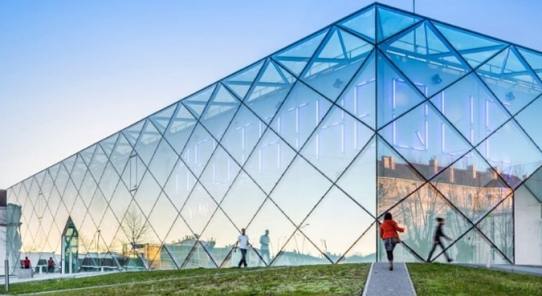As the temperature rises during the scorching summer months, having an efficient and reliable air conditioning system is essential for keeping your home cool and comfortable. When it comes to installing a new air conditioner or upgrading an existing one, success hinges on more than just the unit itself. Proper air conditioning installation is a critical factor in achieving optimal performance, energy efficiency, and long-term savings. Here are some essential tips for ensuring successful air conditioning installation and efficient home cooling.
1. Choose the Right Unit
Before you even start the installation process, it’s crucial to choose the right air conditioning unit for your home. Factors to consider include the size of your space, climate conditions, energy efficiency ratings, and your budget. An undersized unit will struggle to cool your home adequately, while an oversized one may short-cycle, leading to energy waste and reduced comfort. Consult with a professional HVAC technician to determine the correct size and type of unit for your specific needs.
2. Seek Professional Installation
Professional air conditioning installation is paramount for achieving efficient home cooling. Certified HVAC technicians have the expertise, experience, and tools necessary to perform the installation correctly. They will ensure that the unit is properly sized, positioned, and connected to the existing ductwork and electrical system. Attempting a DIY installation can lead to inefficiencies, safety risks, and potential damage to the equipment.
3. Optimize Ductwork
The condition and layout of your home’s ductwork play a significant role in cooling efficiency. Leaky or poorly insulated ducts can result in air loss, reducing the effectiveness of your air conditioning system. During installation, professionals will inspect and, if necessary, repair or replace ductwork to ensure that it is airtight and well-insulated. This step prevents cool air from escaping and minimizes energy waste.
4. Properly Position the Thermostat
The thermostat’s location can significantly impact the efficiency of your cooling system. It should be installed away from direct sunlight, heat sources, and drafts. A thermostat placed in an area with accurate temperature readings helps the system maintain a consistent and comfortable indoor environment. Professionals will choose an optimal location for the thermostat during installation.
5. Install Programmable Thermostats
Consider installing a programmable thermostat or a smart thermostat during air conditioning installation. These devices allow you to set temperature schedules, adjusting cooling levels based on your daily routine. By reducing the workload on your air conditioner when it’s not needed, you can save energy and lower your utility bills without sacrificing comfort.
6. Ensure Proper Refrigerant Levels
Correct refrigerant levels are crucial for efficient cooling. An undercharged or overcharged system can lead to decreased performance and higher energy consumption. During installation, HVAC technicians will precisely measure and adjust the refrigerant levels to ensure that they are within the manufacturer’s specifications.
7. Regular Maintenance
Efficient home cooling doesn’t end with installation. Regular maintenance is essential for preserving the performance and efficiency of your air conditioning system. Schedule annual tune-ups with a professional technician to clean coils, change filters, inspect electrical connections, and identify and address potential issues. Well-maintained units run more efficiently and last longer.
8. Enhance Insulation and Seal Leaks
A well-insulated and sealed home is better equipped to retain cooled air and prevent outdoor heat from infiltrating. Proper insulation and sealing of gaps, cracks, and leaks in your home’s envelope can significantly improve energy efficiency. When installing or upgrading your air conditioning system, consider enhancing your home’s insulation and addressing areas with poor sealing.
9. Consider Zoning Systems
Zoning systems can further enhance the efficiency of your air conditioning system by allowing you to control the temperature in different areas or rooms independently. With zoning, you can direct cooling to occupied spaces, reducing the workload on the system and saving energy. Zoning systems can be integrated during air conditioning installation or added as an upgrade.
10. Stay Informed
Finally, stay informed about your air conditioning system and its operation. Learn how to use the thermostat effectively, change air filters regularly, and be aware of any unusual sounds or performance issues. Regularly monitor your energy bills to track your system’s efficiency, and don’t hesitate to seek professional help if you notice any significant changes.
In conclusion, achieving efficient home cooling begins with successful air conditioning installation. By selecting the right unit, seeking professional installation, optimising ductwork, positioning thermostats strategically, and incorporating energy-saving features, you can ensure that your cooling system operates at peak efficiency. Additionally, regular maintenance and a well-insulated home will help you enjoy efficient cooling while keeping energy costs in check. Prioritising these factors during installation and throughout the life of your system will lead to a comfortable, energy-efficient home all summer long.












